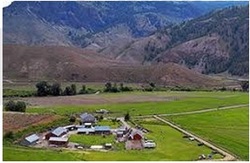
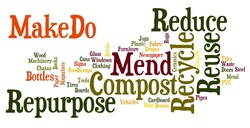
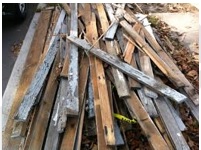
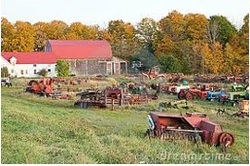
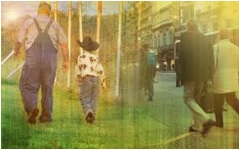

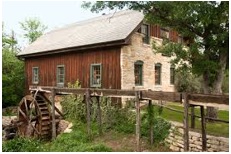
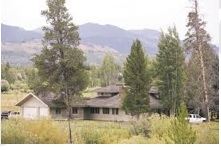

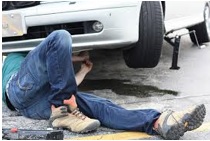

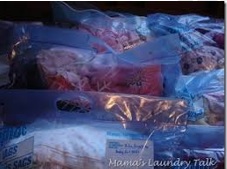
There is a lot we Preppers can learn from people like this, especially if we have any major long duration crisis that we are preparing for. Let’s face it, for any long duration crisis, we will need to be as self-reliant as possible to survive.
We may feel like we don’t have 40+ years to reach this point, or enough land to have our own storage barns and junk yards, we may not be able to purchase what we feel we need, however WE CAN START NOW to learn and accumulate as much as possible. The sooner we start, the less there is to do, or get and the more prepared we are for the crises on our list, and ultimately the greater our survivability quotient will be. The absolute worst thing we can do is to never start in the first place.

TNT
Detail found @ http://formerlynmurbanhomesteader.weebly.com/uploads/2/2/5/0/22509786/long_duration_crisis_considerations.pdf


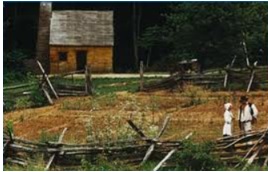
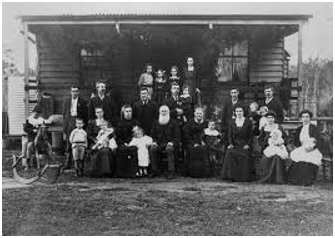
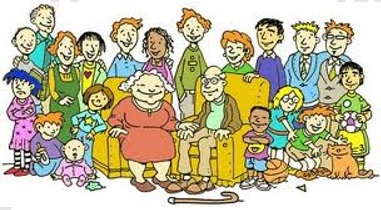
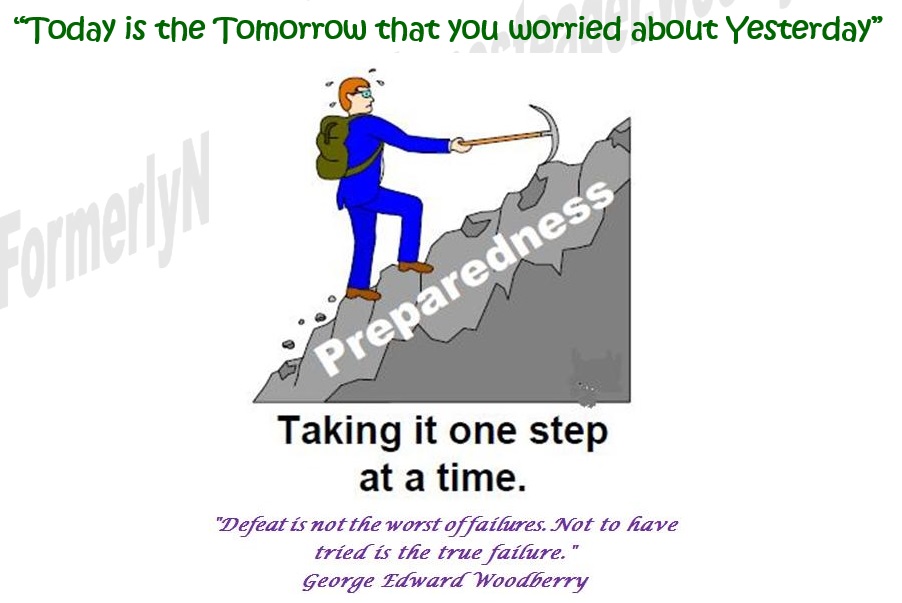
 RSS Feed
RSS Feed
